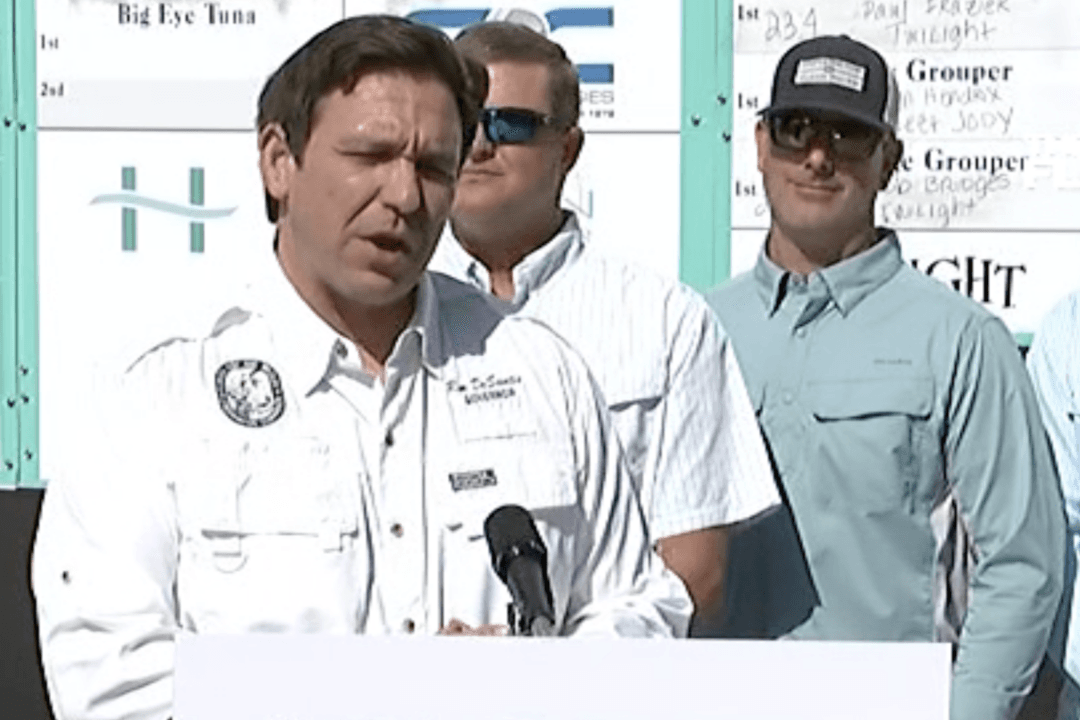PUNTA GORDA, Fla.–It was a no go on the Everglades bill for Gov. Ron DeSantis as he vetoed it, expressing concerns about wetland destruction.
In a veto letter to the Secretary of State, DeSantis said the bill could have hindered Everglades restoration which he had deemed important when he took office in 2019.
“While the bill that was ultimately passed by the Legislature is an improvement over what was initially filed, SB 2508 still creates unnecessary and redundant regulatory hurdles which may compromise the timely execution and implementation of Everglades restoration projects, war control plans and regulation schedules,” the governor wrote to Secretary of State Cord Byrd.
Outgoing Senate President Wilton Simpson had pushed lawmakers to pass the bill during the regular session that ended in March. DeSantis did not like the original version and criticized it which led the legislators to rework the bill dealing with a massive Everglades reservoir project.
“We want to continue going on the path that we set out in January of 2019. And we don’t want anything to derail us from that,” DeSantis said at a press conference on June 8 on Fort Myers Beach. “There was a lot of people that put a lot of good input in. Very very passionate folks – we hear you and we’re going to continue on the course that we started a little over three years ago.”
After the bill was filed, DeSantis said the state needed to prioritize money for the reservoir.
Senators said that critics of the bill “misunderstood” it and that the reservoir wouldn’t receive less priority. However, they responded to the criticism by rewriting the bill to include revising Lake Okeechobee water-release schedules or cutting funding for the reservoir project.
Prior to DeSantis taking office in 2019, the reservoir was approved in 2017 to help reduce the release of contaminated water from Lake Okeechobee into St. Lucie and Caloosahatchee estuaries, which have been blamed for destroying sea grass that Manatees depend on for sustenance and have struggled in recent years with moving water south into the Everglades.
During budget talks between the Florida Senate and House, additional changes to the bill were added and approved, providing more oversight to DeSantis and the Legislature about directives given to the South Florida Water Management District (SFWMD) concerning the management of the water in Lake Okeechobee.




